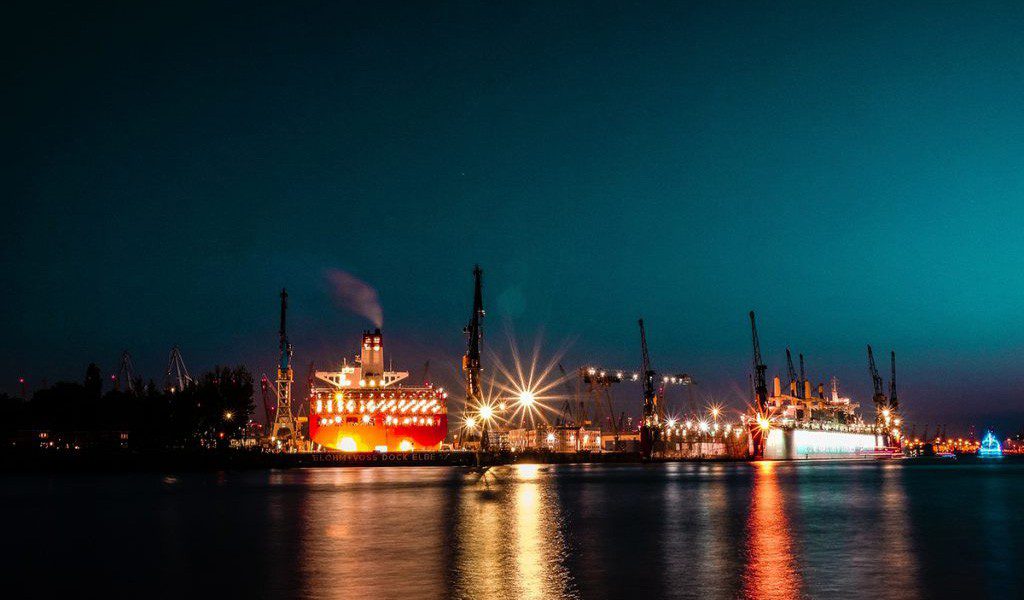Marine carbon dioxide removal (mCDR) has gained momentum with the launch of a new international coalition, aiming to accelerate research, policy engagement, and industry collaboration around ocean-based carbon removal.
Formally established on 21 August 2025, the Marine Carbon Dioxide Removal Coalition (mCDR Coalition) is co-chaired by the Carbon Business Council, which represents more than 100 carbon management companies, and the World Ocean Council, a business alliance for ocean sustainability. The coalition’s creation follows two years of informal meetings between companies, research institutions, and non-profit organisations, during which stakeholders identified the shared challenges facing the sector.
Described as ‘the first dedicated forum of its kind for mCDR’, the coalition brings together comapnies including Captura, Equatic, SeaO2, Vesta, Planetary, Puro.earth, Banyu Carbon, Isometric, Limenet, Capture6, and Vycarb. Observers also include Carbon180, Ocean Visions, Carbon Removal Canada, Cascade Climate, C-Worthy, and the Institute for Responsible Carbon Removal at American University.
Jill Storey, Marine CDR Advisor to the World Ocean Council, said of mCDR’s launch: ‘Net zero is now regarded as impossible without carbon removal. Covering 71% of the Earth’s surface, the ocean offers the scale and potential needed to achieve climate goals. The mCDR Coalition is working to responsibly advance this emerging and vital maritime sector while raising its profile globally.’
The initiative aims to provide a platform for advancing multiple mCDR pathways, ranging from electrochemical processes that strip carbon from seawater to approaches that enhance natural uptake and storage. Captura’s CEO Steve Oldham described the sector as holding ‘enormous promise to deliver large-scale, low-cost carbon removal, while also presenting unique scientific, communication, and policy challenges’. He added that the coalition could help ‘accelerate progress in a way that’s coordinated, credible, and responsible.’
Shipping is likely to be a key stakeholder in this emerging sector, with interest in ocean-based removals growing to support decarbonisation in hard-to-abate segments. DNV forecasts that carbon dioxide removal technologies could account for around 330 MtCO2 annually by 2050 across all CDR approaches, equivalent to a quarter of total captured emissions.
Some pilot initiatives are already under way. For example, Singapore’s Maritime and Port Authority has partnered with US-based startup Equatic to test an electrochemical removal process, while in 2024 the US White House and NOAA released a national strategy on marine CDR research, signalling official recognition of its potential.
By creating a formal forum for knowledge exchange, the coalition’s backers hope to provide credibility and coordination to a field still in its infancy. As Ruben Brands, CEO of SeaO2, noted: ‘The range of CDR approaches developed today is highly diverse and even within marine CDR, methods can differ greatly. Yet these varied approaches share unique challenges and opportunities. We’re glad the mCDR Coalition provides a platform to address them collectively, learning from and working alongside peers.’





